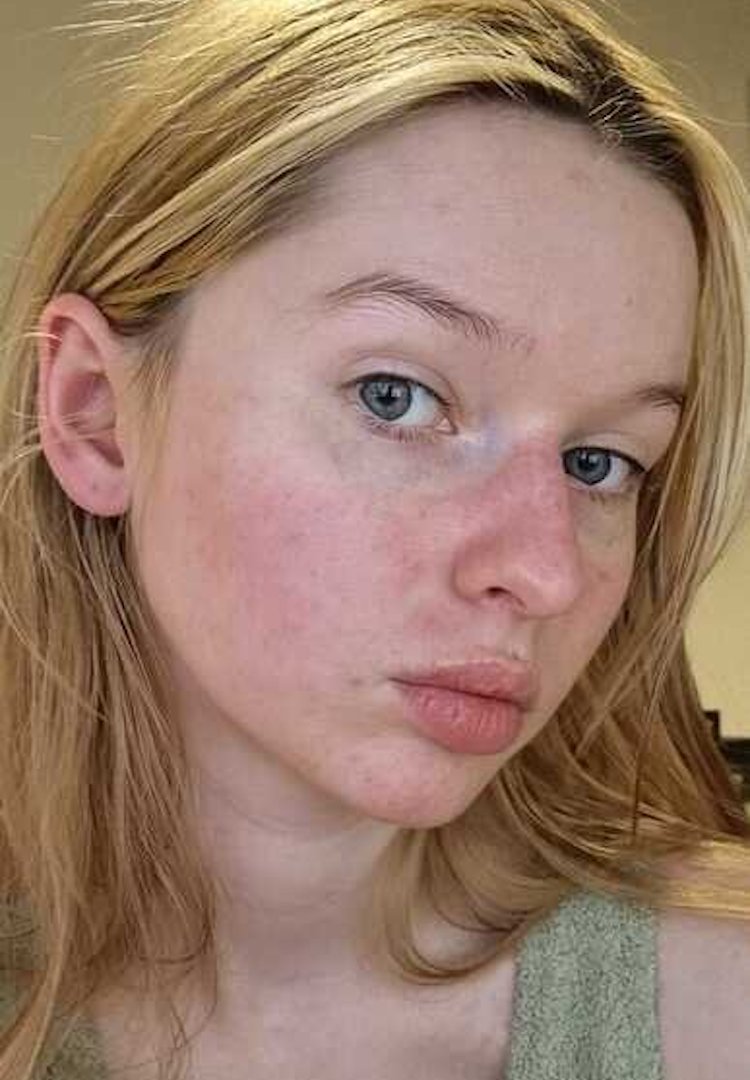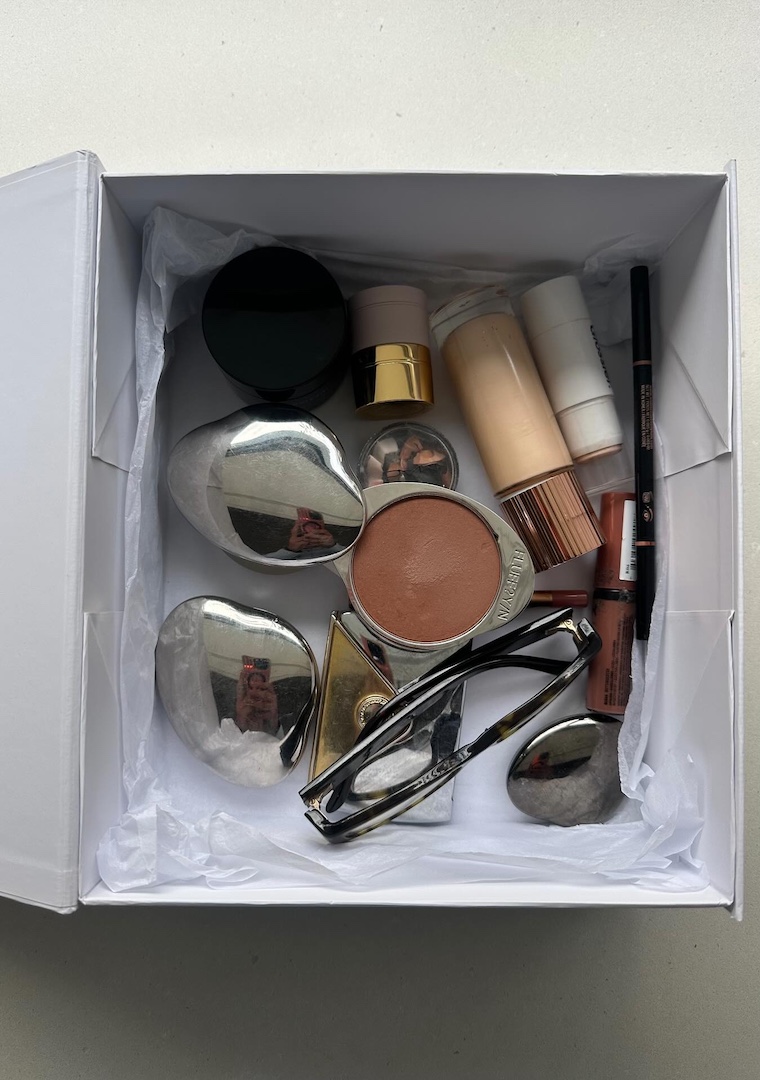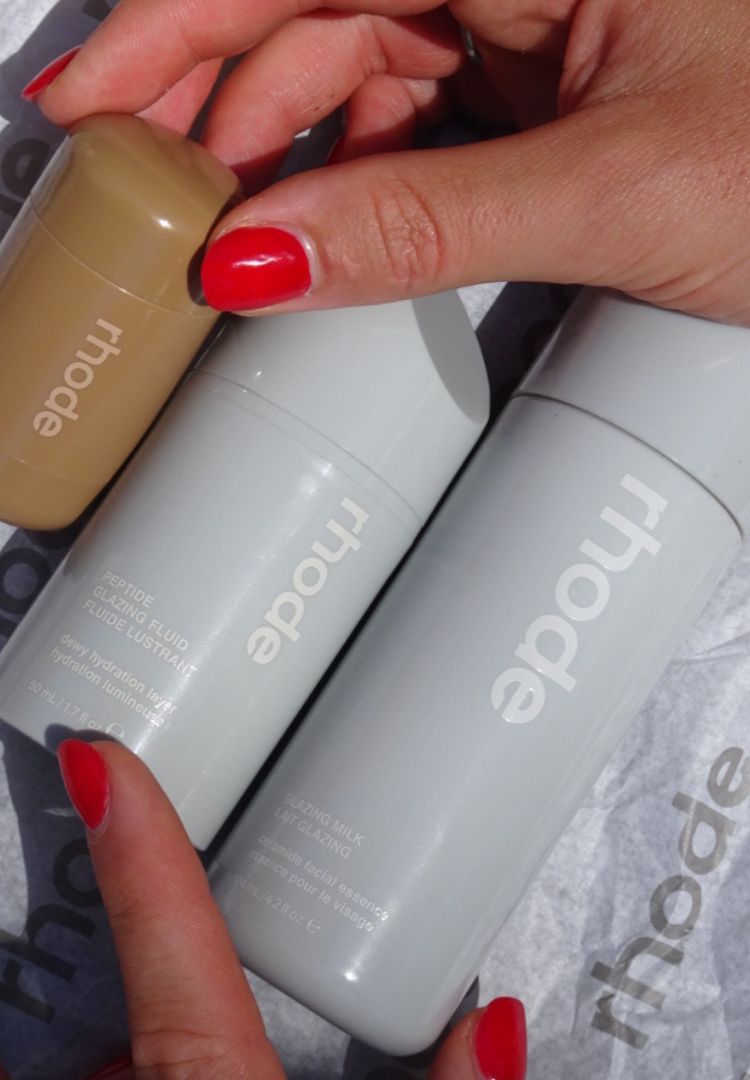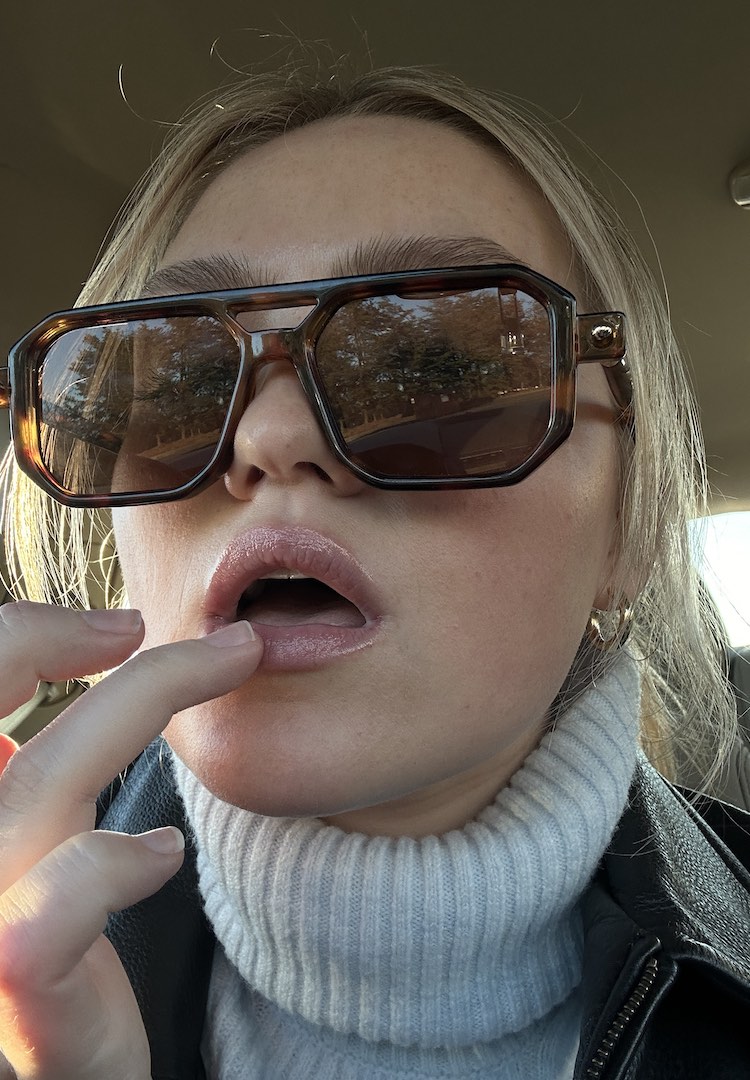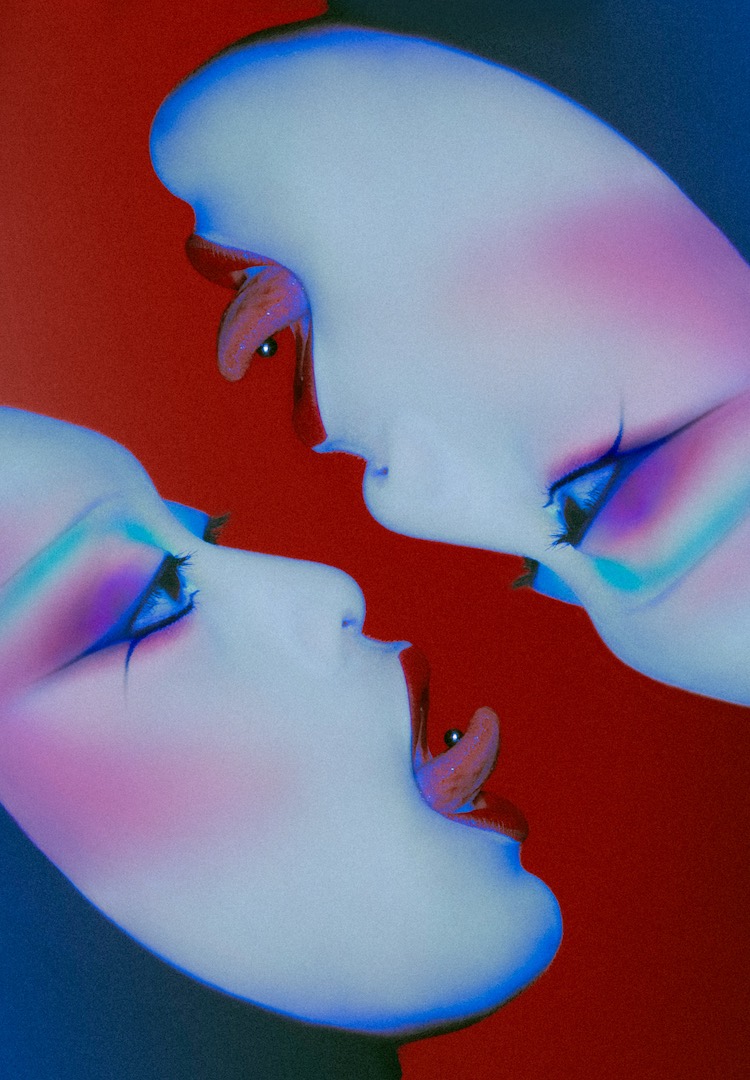‘Mountains of unsolicited advice’: How it feels to be a dermatologist with acne
WORDS BY MARY-ANN MCCALL
“Having a skin condition while working in the beauty industry can make you more relatable.”
At my first beauty job, my boss enrolled me in a skin therapist etiquette course. During the course, one of the instructor’s throwaway comments took me by surprise. “You wouldn’t hire an obese personal trainer, so why would clients go to a therapist with bad skin?” they said (to a crowded room of skin therapists, no less).
It’s a quote that’s stuck with me to this day. Being a dermal clinician who’s had their fair share of acne flare-ups, I find appearance-based commentary like this particularly hard to stomach.
We like nosy people. Don’t be shy, head to our Beauty section for more.
I’ve always struggled with acne. I was the first kid in my school year to get acne and I’d always hoped that because I got it so early it would magically disappear once I entered adulthood. Unfortunately, that’s not how it works.
But despite my acne struggles, as each year passes, I feel more confident about my skin. The turning point was when I started studying a Bachelor of Dermal Science. I was learning all about how the skin functions and how its health is based on barrier function.
Armed with newfound knowledge, I stopped trying to achieve perfect-looking skin (something I knew I could never attain) and instead focused on the health of my skin. I started to wear sunscreen every day to prevent cellular damage and made sure to give my skin the nutrients it needed, by adopting a considered skincare routine and taking care of my physical health.
When I interviewed body image expert Dr Zali Yager last month, she told me that appearance-based commentaries – like the one that the instructor made – are more likely to happen in industries like fashion and beauty. Post-study, when I started working as a dermal clinician, I was subjected to mountains of unsolicited advice from patients and people around me.
But here’s the thing: having acne does not make me any less of a dermal clinician and it certainly doesn’t define the quality of my work. The same goes for skin therapists or beauty industry professionals with hyperpigmentation, eczema or any other skin condition.
“We don’t judge ophthalmologists by their beautiful eyes. But is flawless skin a prerequisite for a dermatologist?” wrote Phillipa McGuinness in her book Skin Deep: The Inside Story of Our Outer Selves, driving home how unrealistic and damaging it is to assess a person’s job performance based solely on their appearance. And it doesn’t take a dermatologist to understand that your skin’s appearance and health are not always one and the same.
A 2018 Butterfly Foundation survey found that over 40 per cent of people are dissatisfied with their appearance. So when someone visits a skin clinic, it can be a big step for them to talk about something they’re potentially very insecure about.
I know firsthand how much appearance-based commentary can affect someone, so I’ve learnt ways to talk to clients about looking after their skin without putting their skin down. It’s about focusing more on getting their skin to be healthy, not on changing it entirely. Instead of appearance, how do they feel? Are the products soothing their skin?
In a sense, having a skin condition while working in the beauty industry can make you more relatable as people know you have more of an understanding of the mental and physical impacts it can have. It’s a more comfortable conversation to have and it allows you to set realistic and healthy expectations.
Comments like the one I overheard at that course years ago might seem insignificant to some people, but the reality is that they’re incredibly harmful. Appearance-based commentary upholds unrealistic beauty standards and causes people to have a warped view of what it means to have healthy skin in the first place.
This article was originally published on August 8, 2024.
For more insight on navigating life with a skin condition, head here.


